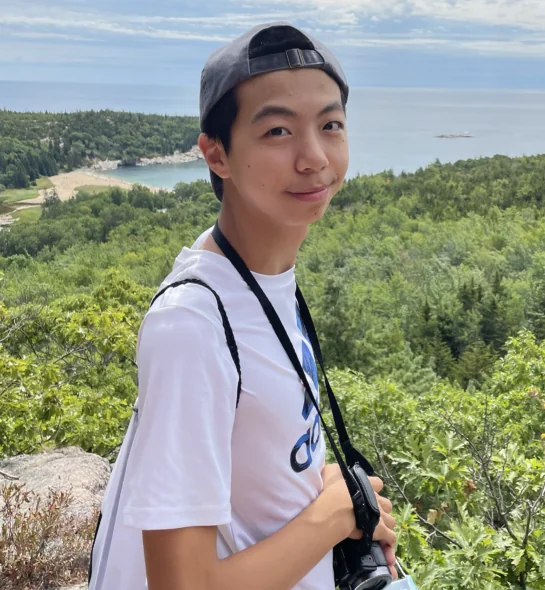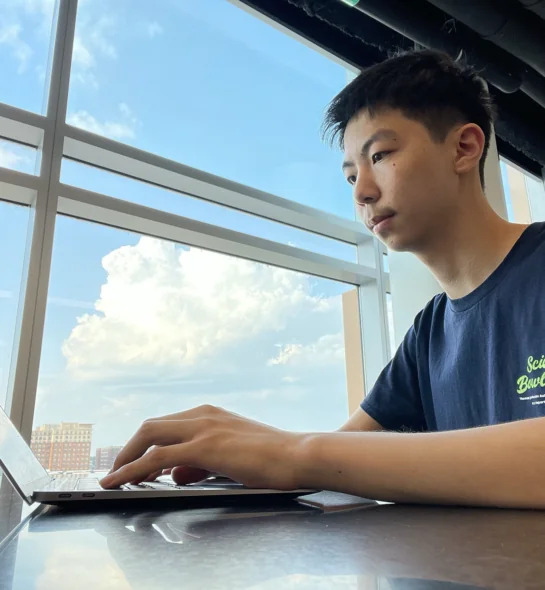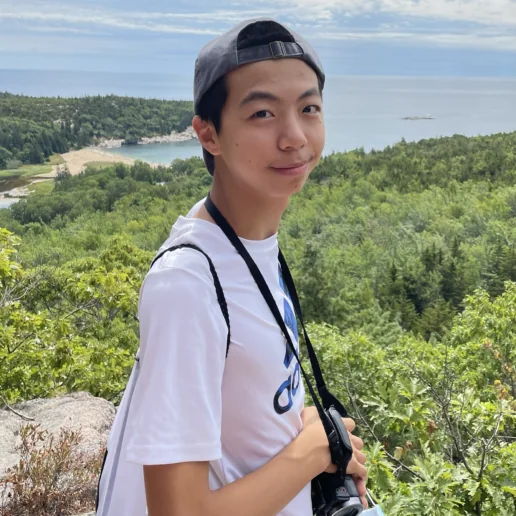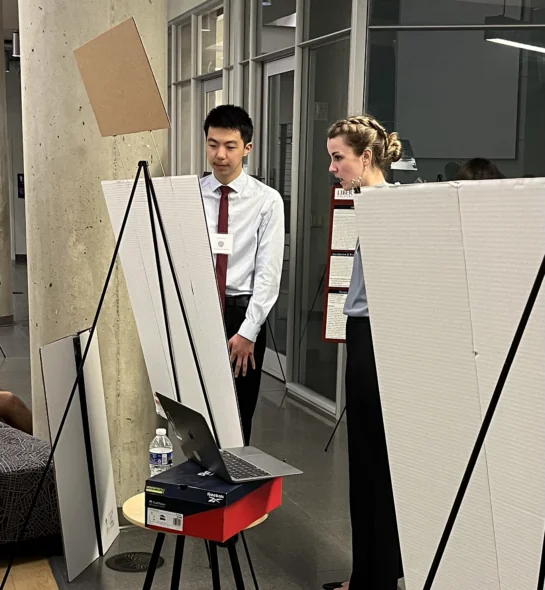Deeper Dive
One practical problem with lithium-ion batteries (LIB), which are found in nearly every electric vehicle, is their relatively low energy density compared to gasoline fuel. As a consequence, electric vehicles face range issues. Combined with their decrease in efficiency over time, the current state of LIBs causes the battery pack to be a limiting factor in electric vehicle advancement. My project aims to improve the electrode coating manufacturing process in lithium-ion batteries and therefore the performance and longevity of the batteries. Another application of my research lies in the use of nanoparticles, which have the potential to target cancer tumors. However, past studies have shown that only 0.7% of nanoparticles administered are able to reach the targeted tumor. My research proposes a filtering method to apply to cancer nanoparticles before being administered that improves their targeting ability, increasing the success rate of nanoparticle cancer treatment.
My main challenges were ensuring the compatibility of various electronic components and developing accurate simulations. My project required working with new state-of-the-art controllers and power-dense components. I needed to overcome design differences between newer motor controllers and older microcontrollers. Even after I completed building the device, I faced challenges with computational runtime and memory while creating simulations on my personal computer. However, I overcame the issues by optimizing specific components of the animation while maintaining simulation quality. I gained problem solving skills from the programming classes I took in high school, which I then applied to my project.
My research, when applied to lithium-ion batteries, could improve battery performance, increase electric vehicle range, and decrease maintenance costs. Then, electric vehicles may become more cost-efficient and widely adopted. My research also allows medical researchers to incorporate my device into nanoparticles development, potentially increasing the delivery rate of nanoparticles to tumor sites. Fewer nanoparticles are needed with a higher delivery rate, decreasing the cost, improving accessibility, while also increasing the success rate of nanoparticle cancer treatment. In addition, increasing the quality of nanoparticle delivery opens new doors for scientists to pursue advanced nanoparticle technologies in new medical settings.



